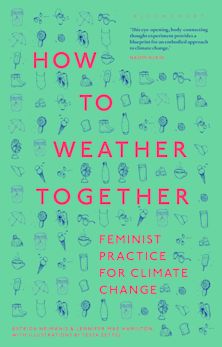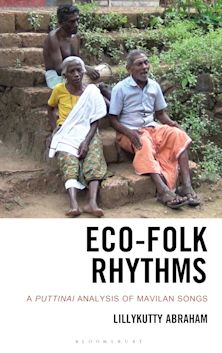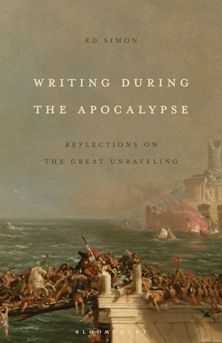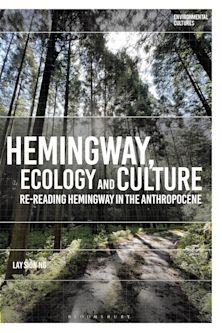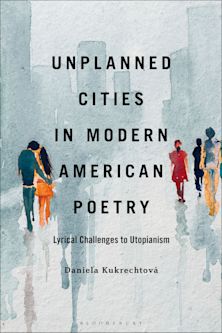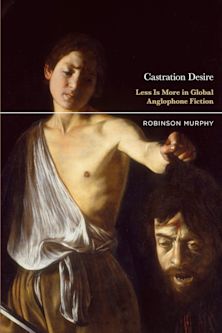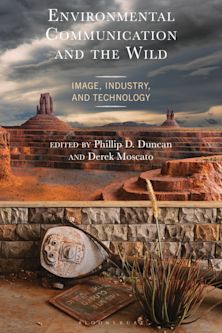The Poetics and Politics of Gardening in Hard Times
The Poetics and Politics of Gardening in Hard Times
This product is usually dispatched within 1 week
- Delivery and returns info
-
Free CA delivery on orders $40 or over
Description
How do poets, writers and cultural critics contend with and represent the garden or their own gardening as they are changed by austerity? Gardening under austerity encompasses a diversity of places, spaces, practices, and actors: suburban allotments and zoological gardens, Victory diggers and urban foragers, human gardeners and the unruly more-than-human world. Theorizing the politics, poetics and practices of austerity gardening in twentieth and twenty-first century Anglophone cultural texts, The Poetics and Politics of Gardening in Hard Times explores the variegated impact of austerity in conjunction with the representation of the garden in the national context of England in the mid-century, and how garden imagery is embedded within and illuminates the political, economic, and social contexts of literary production.
Table of Contents
Roots
Chapter 2. “Sissinghurst: A Fantasy of Austerity” Rebecca Nagel
Chapter 3. “Digging Up England: Subverting Austerity in Beverley Nichols’s Merry Hall” Naomi Milthorpe
Plots
Chapter 4. “Narratives of Nettle: Austerity, Medicinal Flora, and the Herb Garden as a Locus of Resistance.” John Charles Ryan
Chapter 5. “Gardening in the Anthropocene: Wilding, Eco-Memoir and Biodiversity.” Jessica White
Chapter 6. “Zoological Gardens, Austerity and the Extinction of the ‘Last’ Thylacine” Katrina Schlunke and Hannah Stark
Paths
Chapter 7. “Life on Pig Row: Living with Austerity.” Andrew and Carol Oldham
Chapter 8. “A Poetics of Embodied Gardening” Judy Kendall
About the Contributors
Product details
| Published | Sep 25 2019 |
|---|---|
| Format | Hardback |
| Edition | 1st |
| Extent | 152 |
| ISBN | 9781498570206 |
| Imprint | Lexington Books |
| Illustrations | 6 b/w illustrations; |
| Dimensions | 229 x 160 mm |
| Series | Ecocritical Theory and Practice |
| Publisher | Bloomsbury Publishing |
Reviews

ONLINE RESOURCES
Bloomsbury Collections
This book is available on Bloomsbury Collections where your library has access.














